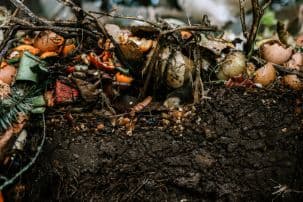
National Recycling Week - Let's Look at Organic Waste
Lesson2 of 6 in this unit
SecondaryYear 7 - 8ScienceEnvironmentalRecyclingSustainability
Summary
Lesson Guides and Printables
Lesson Plan

Student Worksheet

Teacher Content Info


Lesson Plan

Student Worksheet

Teacher Content Info
